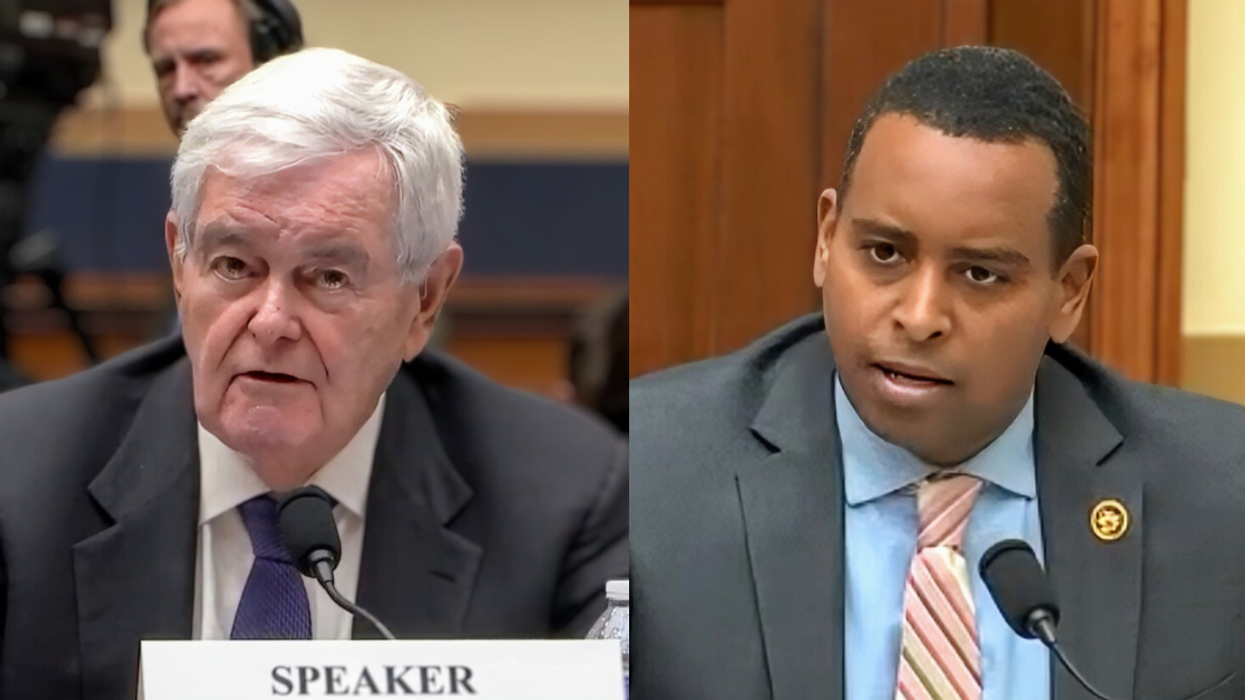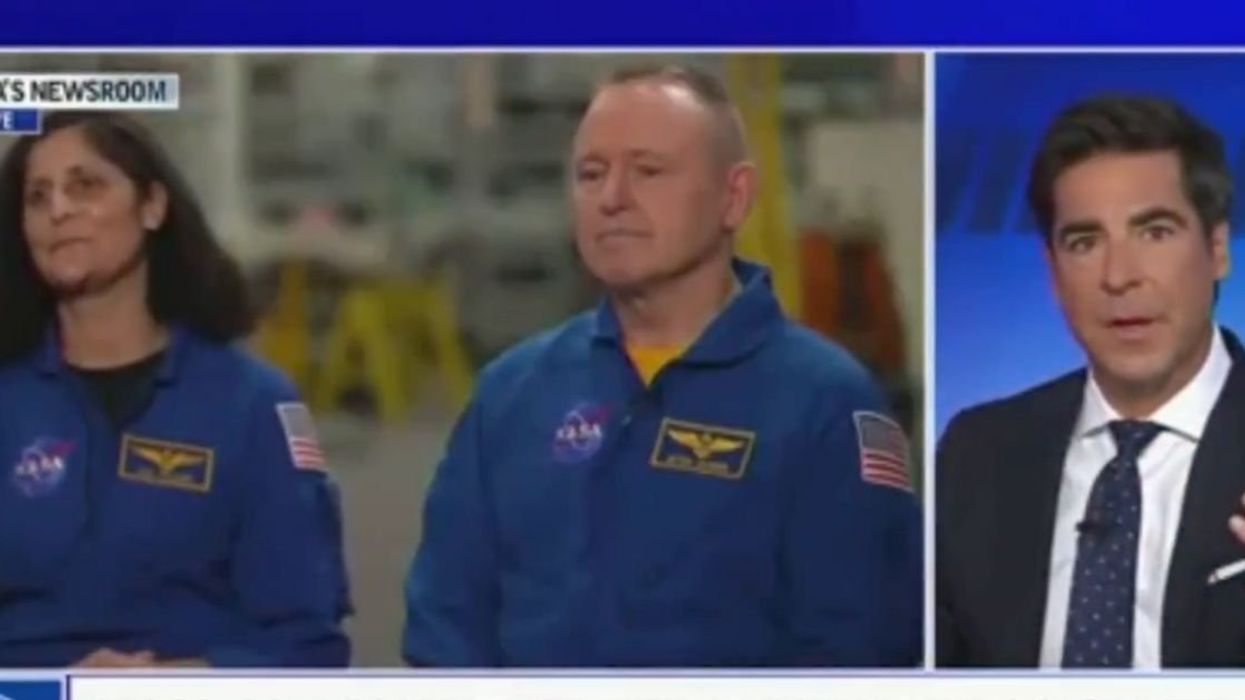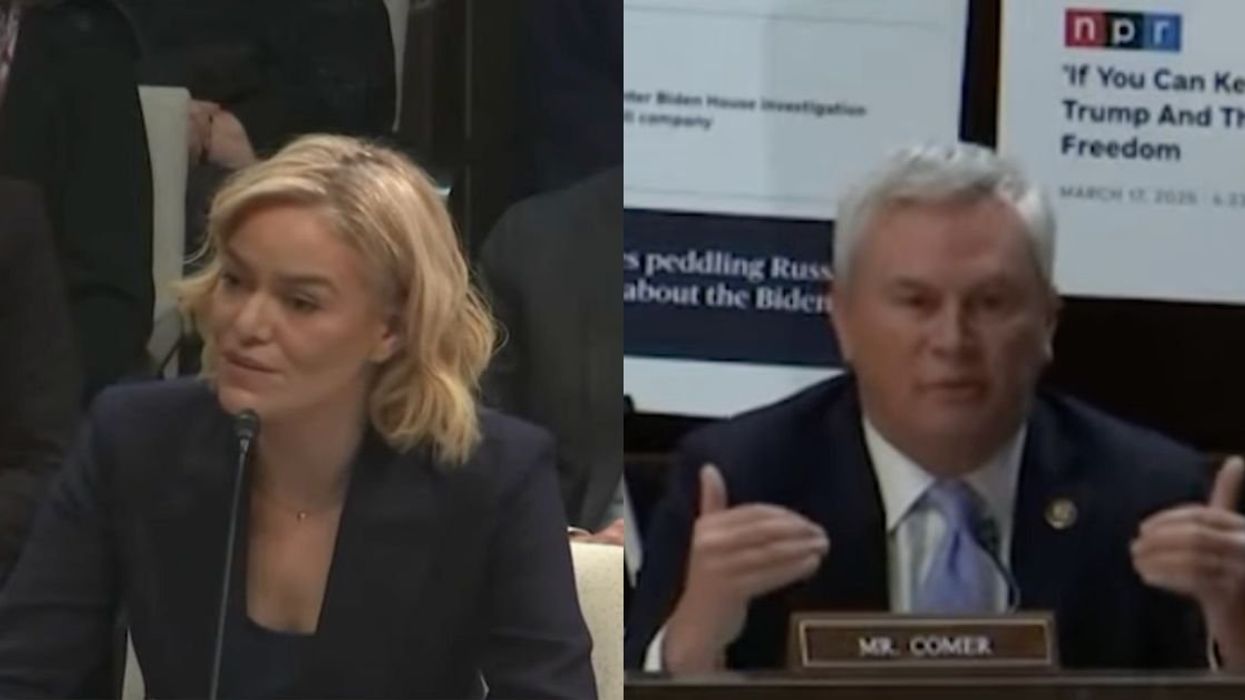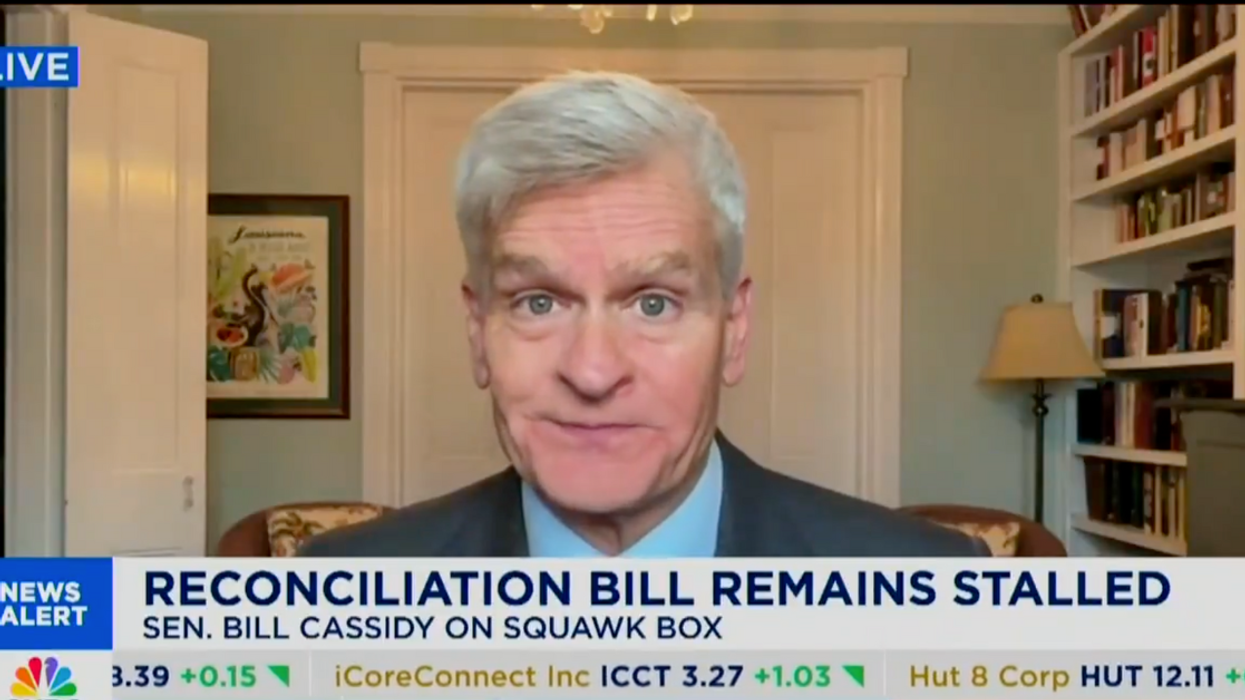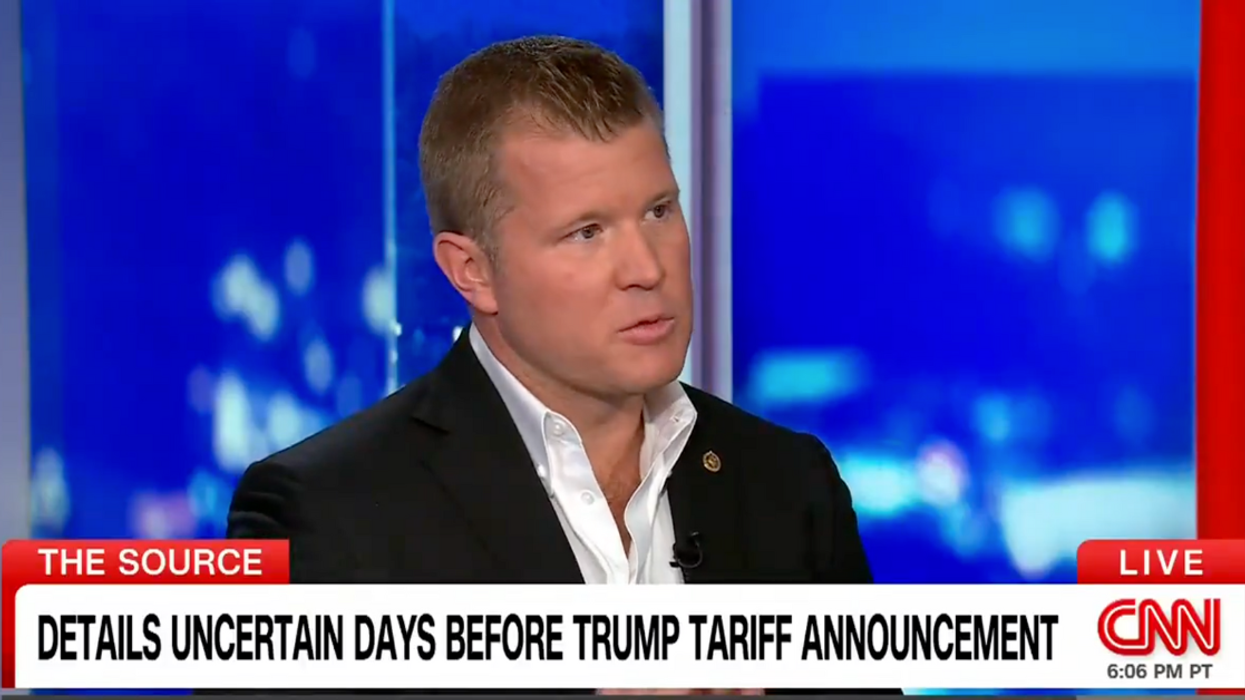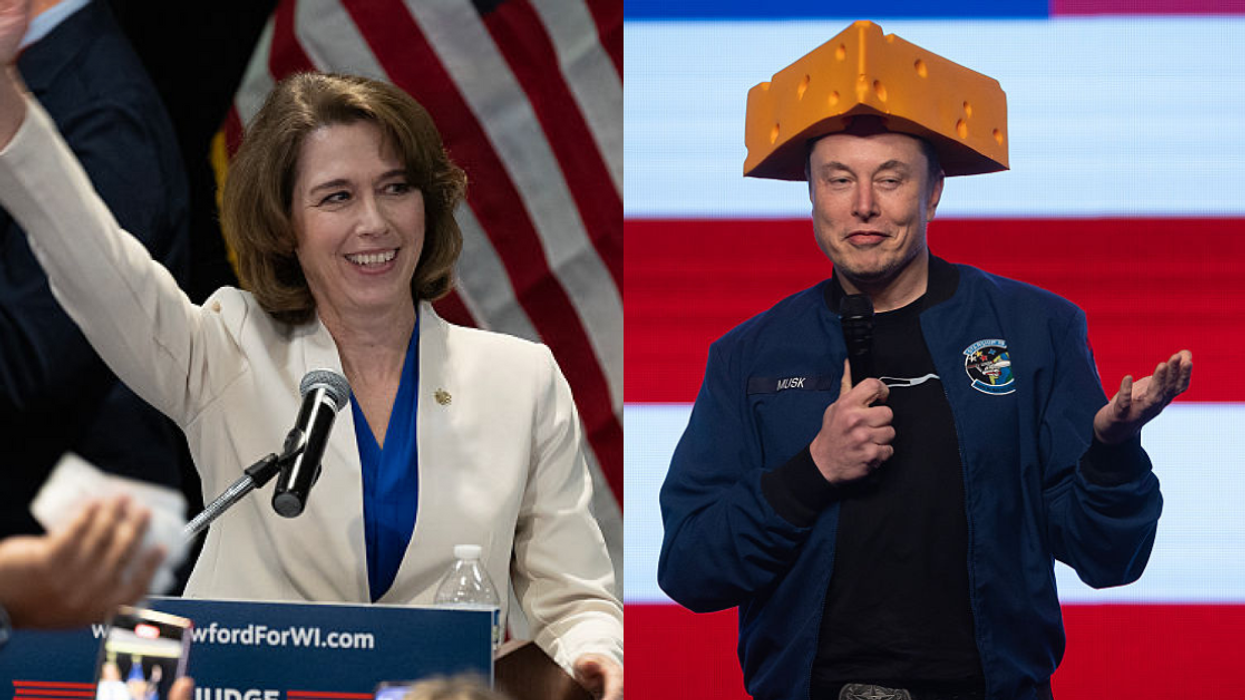Musician Oliver Anthony—the breakout country artist behind the viral hit "Rich Men North of Richmond"—shared a candid video in which he clarified that he wrote the song, which has become a conservative rallying cry, "about the people on that stage" for last week's Republican presidential debate.
Acknowledging the song's newfound political significance, Anthony expressed both bemusement at its use during the debate.
He recognized the irony of his song being played for a political audience that he says he had, in part, intended to critique through his lyrics.
You can hear what he said in the video below.
It's a pleasure to meet you - part 2youtu.be
The video also made its way to Twitter.
Anthony said:
“It was funny seeing my song at the [Republican] presidential debate, because I wrote that song about those people. So for them to have to sit there and listen to that, that cracks me up. It was funny seeing the response to it."
Anthony also clarified that his song was not solely focused on President Joe Biden, but rather directed at a broader context that extends beyond any individual or political figure:
"That song has nothing to do with Joe Biden — it’s a lot bigger than Joe Biden. That song is written about the people on that stage — and a lot more, too. Not just them, but definitely them.”
This is the second time Oliver has spoken out against the very conservatives who have praised his song.
Last week, he was criticized after he emphasized the importance of diversity and unity in the United States, stating that the country is the "melting pot of the world." However, he was swiftly criticized by racist fans for his remark.
Many appreciated him for speaking out.
In response, one of the co-hosts of the debate, Martha MacCallum, took to X to explain why they played the song at the debate.
She wrote:
The reason we asked 8 GOP candidates, after playing “Rich Men North of Richmond” and pointing out that DC is just 100 miles N of Richmond was to say, are you on the stage part of the problem that he sings about? or part of the solution? Asking about the criticism of welfare programs is not blaming the poor. It’s asking if the government is helping or hurting? He sings of people who are deeply frustrated and don’t want anyone trying to control them. It would be a good way to start a Dem or GOP debate, to spark an important conversation.
"Rich Men North of Richmond" references economic disparity with lines like "your dollar taxed to no end ’cause of rich men north of Richmond"—highlighting the divide between a historically wealthier North and a poorer South—but has also been criticized for playing into fatphobic and racist tropes by also blaming economic disparity on “the obese milkin’ welfare.”
The song garnered significant attention, amassing a remarkable 17.5 million streams on platforms such as Spotify and Apple Music during its initial week of release. The service Luminate, which provides data for the Billboard charts, reported that the song's popularity followed a pattern reminiscent of a typical viral track.
In terms of sales, "Rich Men North of Richmond" achieved remarkable success by selling 147,000 downloads in its inaugural week and is currently ranked #1 on the Billboard Hot 100 Singles chart.




